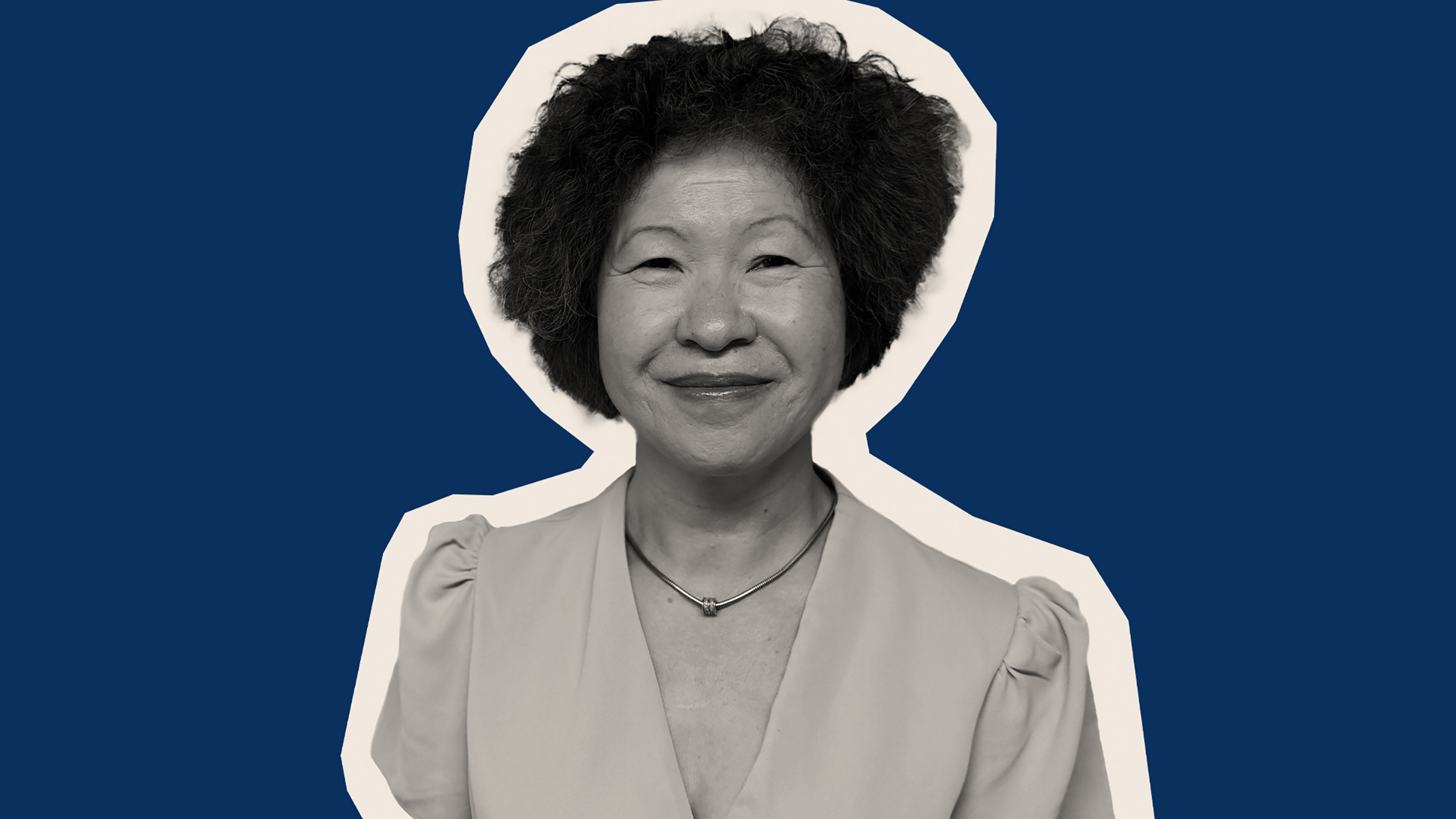
Amit Bendov has a vision of the future. You walk into a car dealership, open your phone and let an AI-powered chatbot help you find the car of your dreams – no need to speak with a salesperson, who you might not trust.
“There’s a more dramatic possibility,” considers Bendov, after a thoughtful pause. “You will send your AI agent to go and shop around, asking questions on your behalf. The agent will call dealerships and the ‘person’ who picks up the phone may be another AI agent. Chatbots talking to each other in some form is inevitable, zero doubt in my mind.”
If that sounds like a perplexing vision of the future, it’s already happening in some respects, argues Bendov. His company Gong makes AI agents that are used by companies which are involved with all aspects of mass marketing and sales, like Spotify, LinkedIn and Mimecast.
Gong analyses all the communications the company is making in areas including meetings and customer calls - like a “benevolent fly-on-the-wall”, as he puts it. For transparency, if one of his AI agents is monitoring a client meeting, a Gong icon is listed as a meeting participant. Sometimes he’s seen meetings where both sides declare the presence of an AI agent. It’s rare, but occasionally people decline to have an AI agent sticking its nose in.
These agents eavesdrop and then crunch information in a way that no human could. The result is a kind of management consultant in the ether, dispensing daily wisdom about things like revenue targets, the best potential customers to target based on sales calls and company strategy insights.
Gong is one of several AI-powered SaaS companies that automates the old way of gaining customer insight, which involved human employees manually inputting information into a CRM system. Gong has raised more than $584m in funding since 2015 and picked up more than 4,000 customers. The more work it does, the larger its dataset becomes, which in turn improves its product. It has analysed more than 3 billion interactions so far.
Bendov has seen the perception of AI change drastically over the course of his career. It was “hot” for a while in the 1990s, but then there were “desert days” in the 2000s, he recalls. He has studied AI since the late 1980s, researching neural networks and writing software systems for scheduling bookings and handling complex operations.

His early work was for the Israeli military (the breeding ground for many of the country’s tech start-ups), which he later adapted for commercial applications. “Most people did not want to invest in Gong,” he recalls of his time pitching the idea in the US, despite Silicon Valley’s tolerance for “risk and wild ideas”.
Critics thought that people would hate it and not want it, he recalls, and even if it did take off, Google and Amazon “would own that space”. But by around 2015 something changed. The hardware had come on, while cloud computing was also helping AI. DeepMind in the UK, now owned by Google, made their big breakthroughs with its AlphaGo programme, learning boardgames at lightning speed. It led people to take new questions seriously. If AI can help computers master games quickly, can it maybe understand customers better than salespeople?”
“I call this the cerebral revolution,” says Bendov. “The first revolution in humanity took people from hunter-gatherers to becoming agricultural, then we switched from manufacturing food to goods, which was industrial, now we are manufacturing ideas and solutions, which is our true human power, our brains are what make us stand out.”
Bendov believes that AI will create new jobs and new political systems. It will allow much more efficiency in the world of business as the tasks considered as drudgery are removed. But he also sees limits.
One of the most important of these currently is AI’s ability to read human emotion, argues Bendov. When it is measuring the behaviour and temperament of a customer or staff member on a call, for example, it is simply doing this by looking out for around 400 parameters in language cues. The algorithm can’t be trained to monitor the sound of a human voice for emotion.

If five people cannot consistently agree on whether a certain piece of audio reflects a certain state of emotion, Bendov explains, then the computer cannot be trained. More fundamentally he believes that AI is not good at decision-making, which is why its best function in business is to be a co-pilot, offering up advice and insight for humans to act on. “I wouldn’t trust it with major decision-making,” says Bendov.
But there is one very personal business activity he trusts it with: personal feedback. Gong’s AI gives tailored feedback to individual employees. There are advantages to this method, argues Bendov. It’s daily, your line manager doesn’t have to see it and you may trust criticism more when it comes from a dispassionate computer, rather than a fellow human who may not favour you for reasons to do with office politics. That’s one area AI hasn’t got involved in, yet.
Related and recommended

The travel tour entrepreneur’s business is thriving after the pandemic because she listened to customers

Empowering employees to take ownership of decisions is vital to success, but they must accept the privilege and responsibility too

Fashion entrepreneur Dessi Bell explains why customers are looking for something different when they shop on the high street

Think assistants are just admin managers? Think again. They might be your greatest business asset

